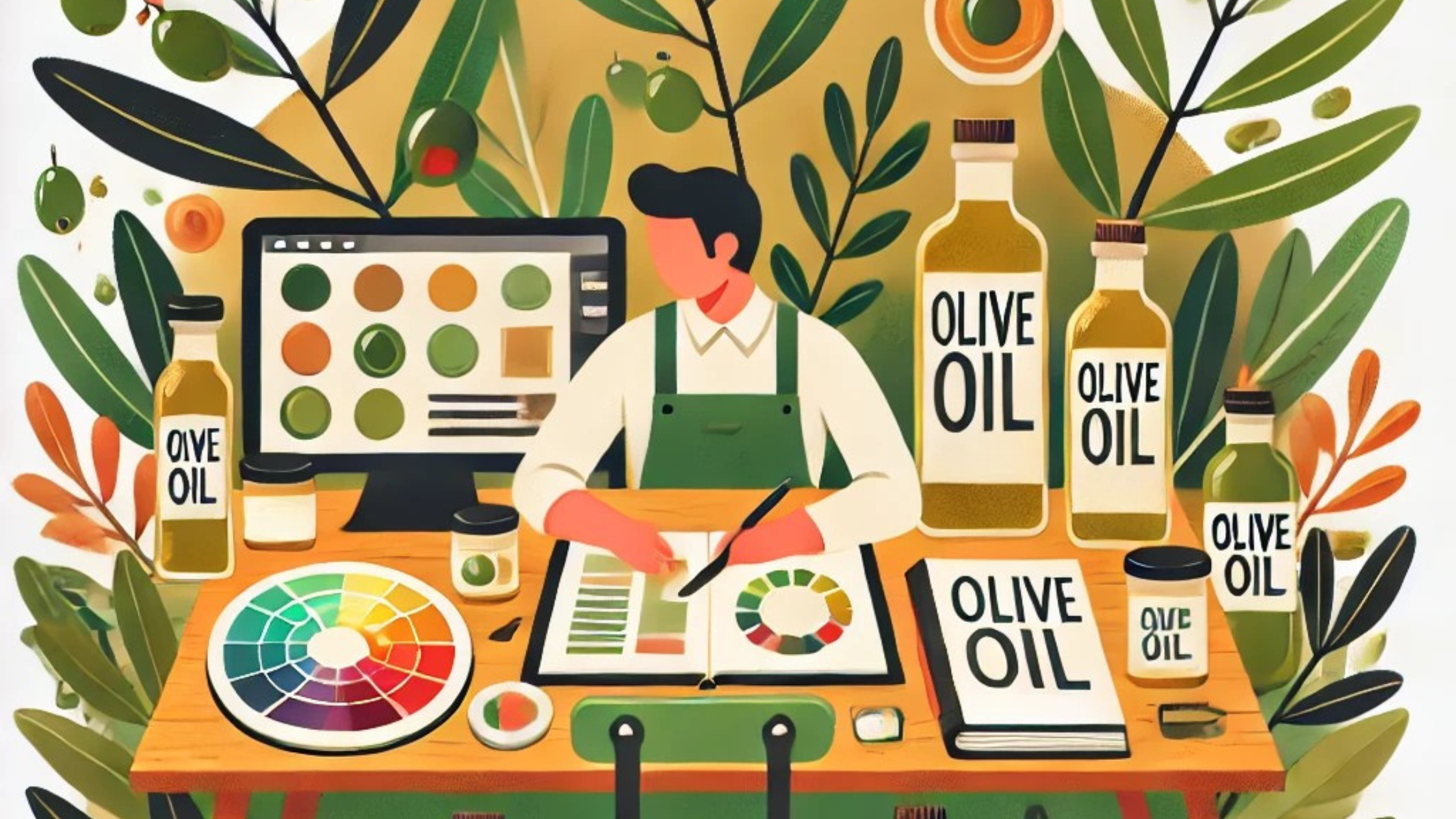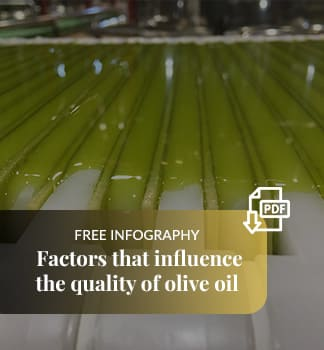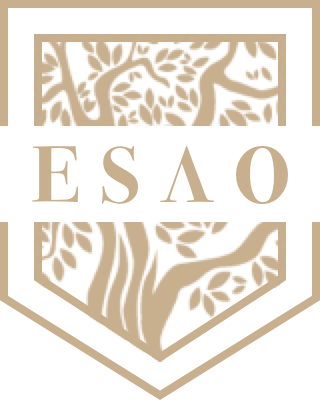Thinking of launching your own extra virgin olive oil brand?
Whether you manage a family olive grove or are starting from scratch, this step requires more than just a good harvest. It’s about understanding the market, complying with regulations, developing a coherent brand identity, and making forward-thinking decisions.
This article provides an overview of what it takes to create an olive oil brand, highlighting key aspects every producer should consider before launching their project.
From production to storytelling: the value of an authentic narrative
Many brands are born from a family environment or small-scale local production. But what makes them stand out isn’t just the quality of the product—it’s the story built around it.
Having a strong story is not optional: it’s a powerful tool to connect with consumers and add value to your personal olive oil brand.
What you need to successfully enter the market
Bringing a product to market means meeting specific requirements to sell olive oil, both in terms of health and legal regulations.
From obtaining a health registration number to ensuring traceability and product analysis, it’s essential to understand this regulatory framework to operate safely.
The label: much more than just a pretty design
Your olive oil packaging and label design must not only comply with current legislation. It should also reflect who you are, what you sell, and why your EVOO is different.
Building an EVOO brand begins with the bottle. It’s your first chance to communicate quality, origin, and purpose.
Starting right means avoiding common mistakes
One of the biggest risks when launching a brand is underestimating the challenges. Labeling mistakes, flawed commercial approaches, or technical gaps can halt a project before it even takes off.
By anticipating common mistakes in creating an olive oil brand, you’ll save time, money, and frustration.
Small-scale production, big decisions
Betting on small-scale olive oil production can be profitable if done strategically. The key is knowing your costs, choosing the right channels, and targeting a value-driven segment.
Carefully analyzing the profitability of olive oil in smaller formats will help you make realistic decisions from the outset.
Learning from those who’ve done it
There are numerous successful EVOO brands that started as small projects. What they have in common is a thoughtful approach, solid training, and a clear identity.
Observing how other producers shaped their brands can help you chart your own path.
Professionalization makes the difference
Training in technical, regulatory, and commercial areas is key to moving forward with confidence. If you’re serious about your project, investing in knowledge is the first step toward building a strong and lasting brand.
The ESAO Master Olive Oil Consultant Certification is specifically designed for those who want to launch their own olive oil brand with a professional foundation. From product quality to commercialization, it offers a comprehensive view of the sector, focused on the real needs of producers.
Creating your own olive oil brand doesn’t mean solving everything at once. It means understanding the stages, knowing what decisions to make and when, and moving forward step by step with clarity.
This article gives you a big-picture view. From here, the journey continues with information, planning, and authenticity.
.png)



